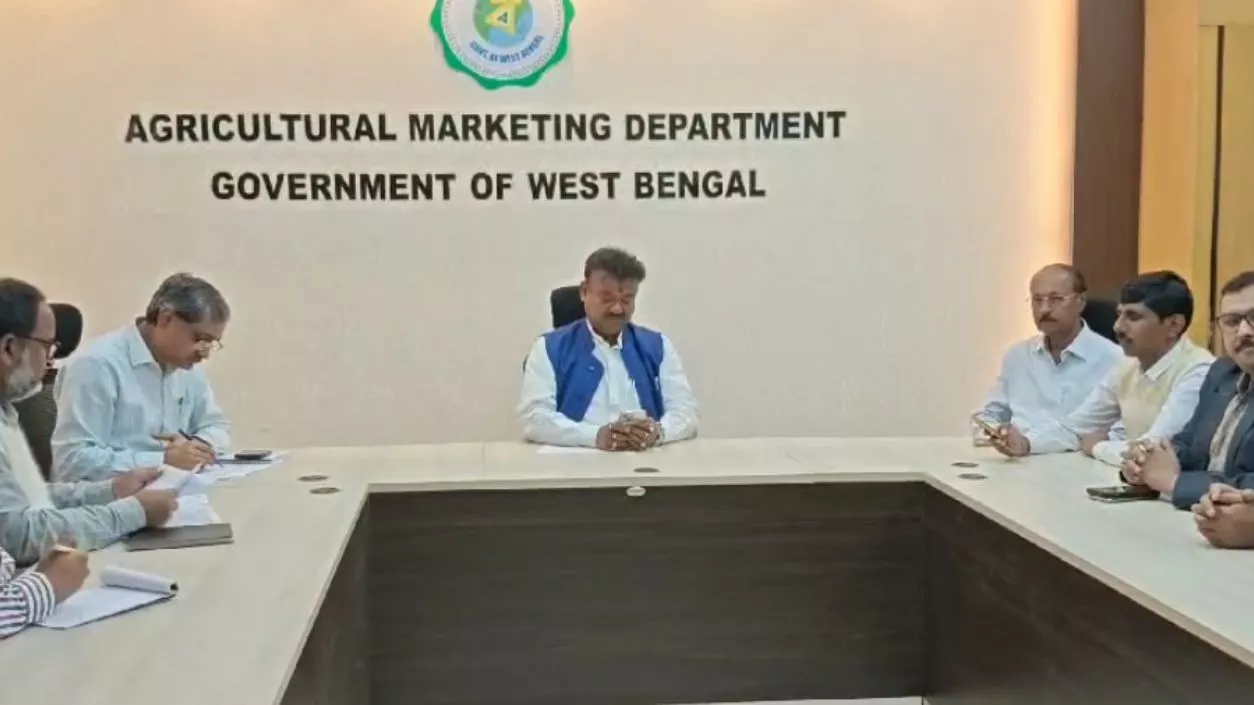Humayun Kabir who hailed Abhishek and criticized Firhad, apologises after CM Mamata’s reprimand
.gif)
.gif)

The Progressive Potato Traders' Association has decided to halt the release of potatoes from cold storage, citing unresolved issues surrounding export restrictions. The decision follows a meeting on Monday with Becharam Manna, the Agricultural Marketing Minister of West Bengal. During the meeting, the traders emphasized their demand for clearance to export 300,000 metric tons of potatoes. The association has stated that it will reconsider its stance depending on the government's response to this demand.
Lalu Mukherjee, the state general secretary of the Progressive Potato Traders' Association, explained that West Bengal produces around 6 to 6.5 lakh metric tons of potatoes annually. The state fulfills local demand first, and the remaining surplus is typically available for export. According to Mukherjee, exporting 300,000 metric tons of potatoes would not cause a shortage within the state. He also mentioned that the potatoes targeted for export are mainly from areas such as Bankura, West Midnapore, Hooghly, and Burdwan, which are of lower quality and not in demand locally.
The traders raised concerns regarding the state's recent export restrictions, claiming that over 300 trucks carrying potatoes have been delayed at border checkpoints due to the tightened measures. These restrictions were put in place to control the rising prices of potatoes in the state. Despite these export controls, traders argue that the restrictions have severely affected their businesses, as they are unable to sell surplus stock outside the state. The traders also indicated that they are open to cooperating with the government on price control measures but stressed that the export restrictions need to be eased to allow the free movement of potatoes.
The state government had originally set the cold storage deadline for potatoes to end on November 30. However, the deadline has been extended until December 31, which has provided some relief to traders. Despite the extension, the traders have reiterated that this alone will not address the broader issue of export restrictions. They have emphasized the need for permission to export surplus potatoes to ensure that the cold storage facilities do not become overcrowded and that prices do not rise further due to market imbalances.
The Progressive Potato Traders' Association has stated that they will continue discussions within their organization to determine their next steps. The possibility of a strike remains on the table if their demand for export clearance is not met. The traders have also expressed their intent to pursue other measures depending on the state's response to their concerns about export policies and cold storage management.